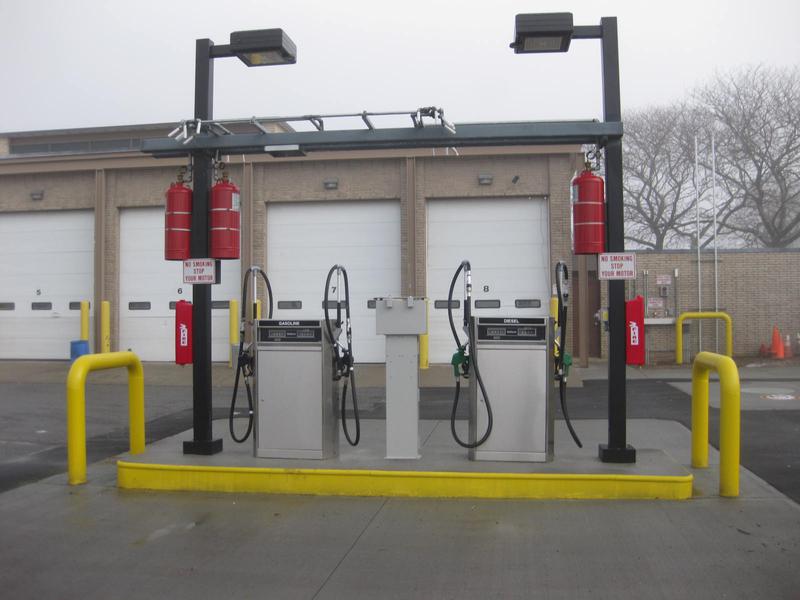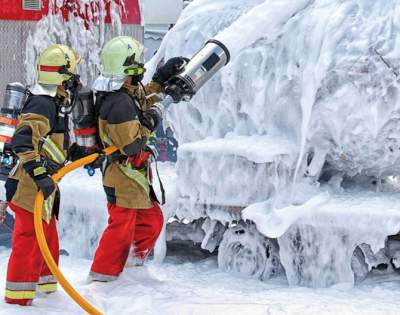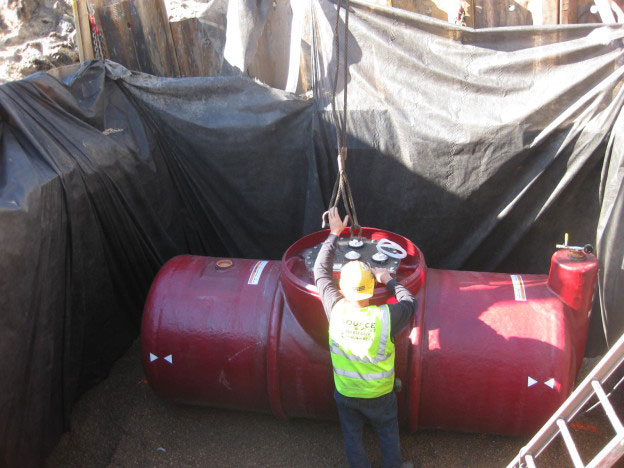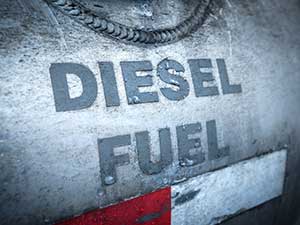
Engineering a Retaining Wall
Retaining walls are used to keep materials in place that otherwise would naturally slide due to pressure exerted by gravitational forces. A retaining wall is commonly used to create sharp, vertical changes in elevation on a landscape while ensuring long-term...

Emergency Generators for Municipal and Private Companies
All municipal and private companies understand the importance of maintaining an uninterrupted electrical supply. This level of importance only increases during storms and other critical events. It is imperative that all pivotal operations remain online. If a...

Class A Operator Violations in Nassau County
Has your facility been inspected by the Nassau County Department of Health (NCDH)? Since January 1, 2017, NCDH has been in charge of regulating petroleum bulk storage (PBS) at all sites in Nassau County. This was previously regulated by the Nassau County Fire...

What Does Good Construction Management Look Like? Four Steps to Use on Any Project
From a client’s perspective, a construction project is considered a success if it is completed on-time, within budget, and without any injuries to workers. A job that moves along smoothly without any major delays or errors is a job where sufficient time is spent on...

Recent Legionella-related Incidents in New York City
When following the news lately, you may have noticed that Legionella is back in the local health reports. A Legionella-related infection occurred on Friday, June 9th at a New York City Police Department precinct in East Harlem. One officer became infected and required...

How Will the Adoption of Amendments to 6 NYCRR Part 597 Affect You?
On April 25, 2016, Chemical Bulk Storage (CBS) registration requirements at new facilities became mandatory for perfluorooctanoic acid (PFOA-acid), ammonium perfluorooctanoate (PFOA-salt), perfluorooctane sulfonic acid (PFOS-acid), and perfluorooctane sulfonate...

New Underground Storage Tank Operator Training Required by the State and Federal Regulations.
Recent New York State Department of Environmental Conservation (DEC) revisions to the PBS and CBS regulations have resulted in the DEC issuing DER-40, Operator Training. This program policy summarizes the requirements for training Underground Storage Tank (UST)...

Revised NYS Regulations Governing Bulk Storage Tanks by NYS Department of Environmental Conservation
Revisions to used oil management regulations will be effective on November 10, 2015, and operator training requirements must be implemented by October 11, 2016. The New York State Department of Environmental Conservation (NYSDEC) issued regulations revisions,...

Diesel Fuel Storage: Solving Common Problems – Part 3
Did you know that diesel fuel can decompose? Proper practices can prevent this from happening. Problem: Fuel Degradation What is fuel degradation? Fuel degradation is when the components of diesel fuel decompose into byproducts. Why is this a problem? After a...

Diesel Fuel Storage: Solving Common Problems – Part 2
Do you store diesel fuel at your facility? Read this article to make sure you're not inadvertently allowing water into your tanks. Problem: Water in storage container How does it get in? Water can enter your storage container as either liquid or gas....
